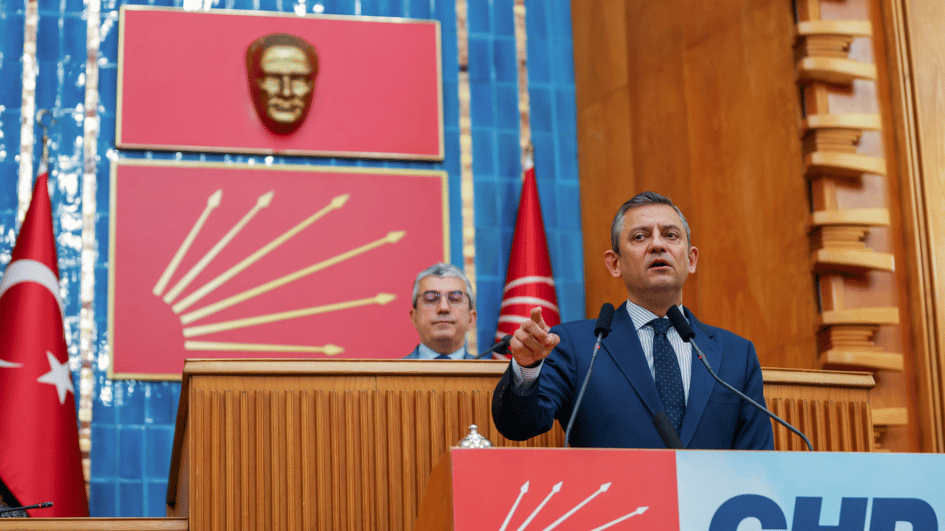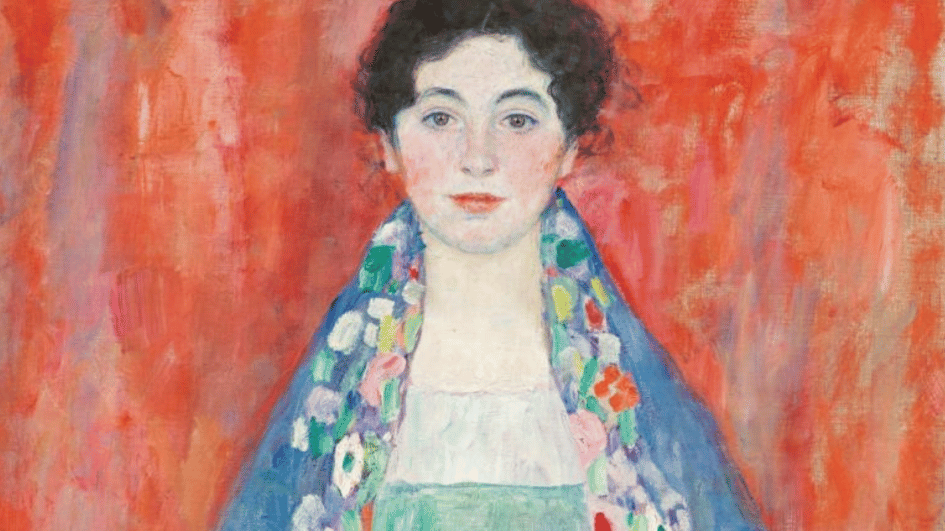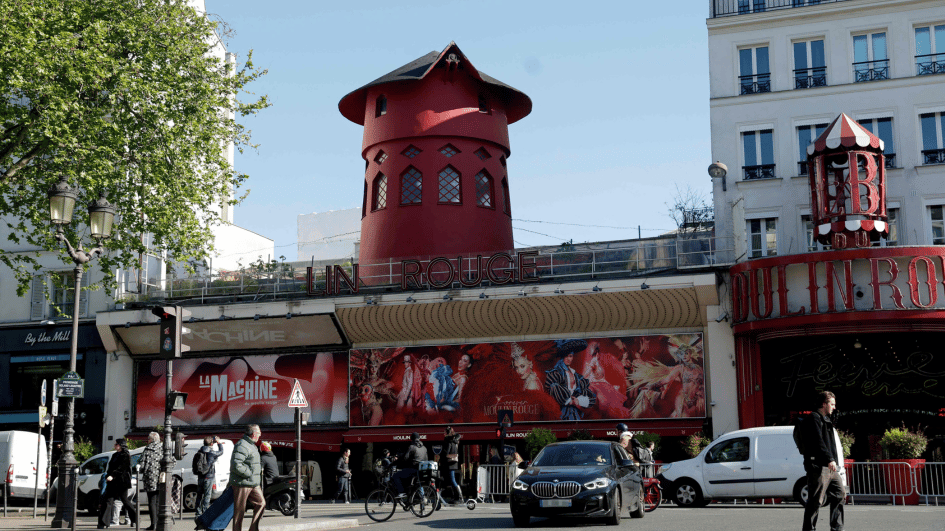Turkey between nationalism and globalization
William Armstrong - william.armstrong@hdn.com.tr
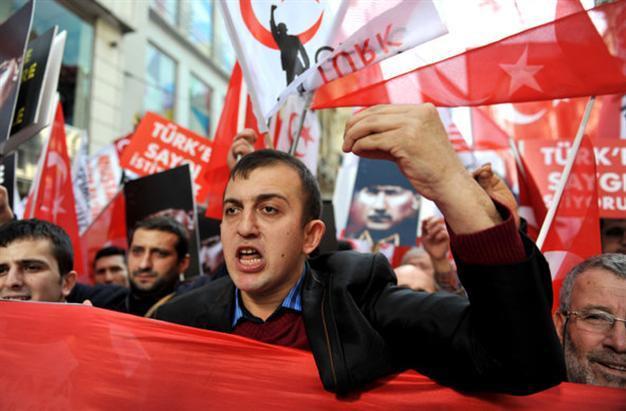 ‘Turkey between Nationalism and Globalization’ edited by Riva Kastoryano (Routledge, 228 pages, $50)
‘Turkey between Nationalism and Globalization’ edited by Riva Kastoryano (Routledge, 228 pages, $50)Far from diminishing nationalist sentiment, the forces of globalization appear to be strengthening it everywhere. Ironically - and despite the prophecies of social scientists a few decades ago - nationalism has become a potent expression of “identity anxiety” in the face of an impersonal and increasingly disorienting global economy. The 20th century political theorist Hannah Arendt was one of the first to suggest the symbiotic nature of nationalism and globalization back in 1970, voicing fear that the “common present” and the inescapable “unity of the world” might result in a “tremendous increase in mutual hatred and a somewhat universal irritability of everybody against everybody else.”
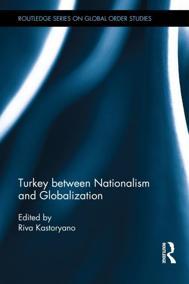 This trend can be observed in Turkey as much as anywhere. The country sometimes seems like a laboratory where a traditional society collides head on with rapid urbanization and the flood of international capital and products. This collision has defined much about Turkish politics since 1980, with many people retreating to nationalist impulses as a refuge against the perceived threat of empty cosmopolitanism.
This trend can be observed in Turkey as much as anywhere. The country sometimes seems like a laboratory where a traditional society collides head on with rapid urbanization and the flood of international capital and products. This collision has defined much about Turkish politics since 1980, with many people retreating to nationalist impulses as a refuge against the perceived threat of empty cosmopolitanism.This volume of 12 essays on nationalism in Turkey in the age of globalization is more stimulating than its bland title suggests. With contributions from some of the top academic names across disciplines, it shows that identity politics is intrinsically linked to globalization in Turkey. This is popularly expressed through nationalism, but what kind of nationalism? As Lund University Professor Umut Özkırımlı details in one piece, Turkish nationalism comes in many flavors. Though far from uniform, it remains the most commonly held political position in Turkish society.
One of the most thoughtful chapters comes from the great Tanıl Bora, whose article on “White Turks” contributes something fresh to the tired old subject of Turkey’s ongoing Kulturkampf. Bora examines the direction of the country’s urban secular middle classes since the 1990s and their relative decline in the bureaucratic, industrial-commercial, academic and media fields. The anxiety of these secularists – often unhappily expressed through dehumanizing bigotry - demonstrates the extent to which culture anxiety and class anxiety have become toxically intertwined in Turkish politics. As Bora writes, “Today, for those both affirming and negating this identity, the discussion surrounding the notion of White Turkishness has turned into an effort to define the ‘authentic Turk’ and the ‘ideal citizen.’” Little good can come from such reductive debates.
But by far the most salient variation of nationalism in Turkey today is represented by the ruling Justice and Development Party (AKP). Galatasaray University Professor Ahmet İnsel describes this as a professed “nationalism of greatness,” which has moved beyond the defensive, meager nationalism of secular Kemalism. It believes that Turkey should not limit its vision to itself, and not even to the Balkans or the Middle East. Rather, Turkey should become a world power, engaging with its neighbors not as an equal but as a superior. In this line of thinking, one of the major themes in the Turkish nationalist repertoire – mention of “Ottoman ancestors who reigned over three continents” - becomes ever more potent. Some people still sincerely prize “Ottomanism” as a multicultural tonic to restrictive Turkish nationalism, but a harder-edged populist Ottomanism appeals to many more. Paradoxically, for many in today’s Turkey harkening back to the idealized glories of a pre-national multiconfessional empire is a potent expression of nationalism, combining a global vision with the defensive neuroses of classical Kemalism.
This is demonstrated well by the braindead paranoia of the government-friendly media and its bombastic conspiracy theories, as well as by the anti-Western red meat thrown out by President Recep Tayyip Erdoğan at public rallies. “The ‘Turk’ denotes an ethnicity only in our country. In Western eyes, all Muslims have been ‘Turks’ throughout history … This also reflects the responsibility that history has placed on our nation,” Erdoğan has said. “Turkey is a great nation, we must think big … The world is growing smaller and smaller, and Turkey is growing bigger and bigger.”
This book certainly is not flawless. Its inclusion of articles spanning the entire republican period and multiple disciplines sometimes feels dilettantish. But despite over-ambition, it still gives a solid general overview of the often bewildering metamorphosis of nationalism in Turkey at a time of breakneck change.




